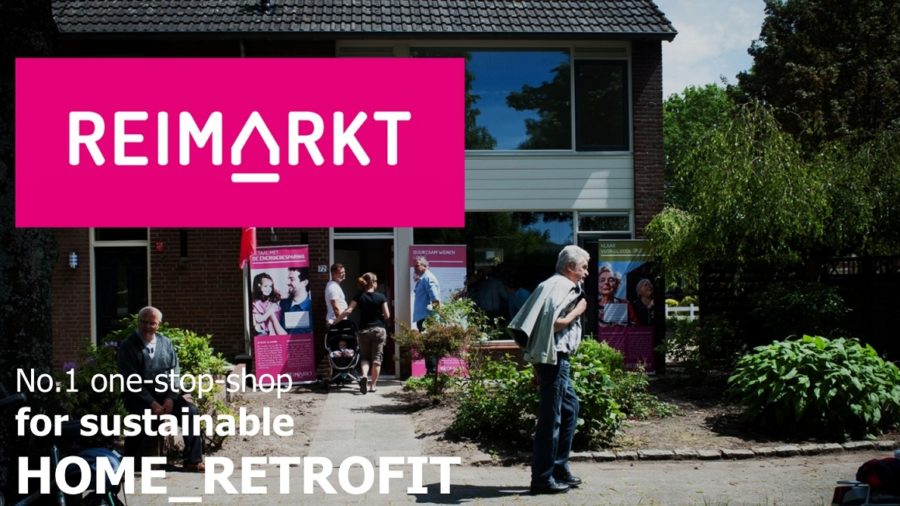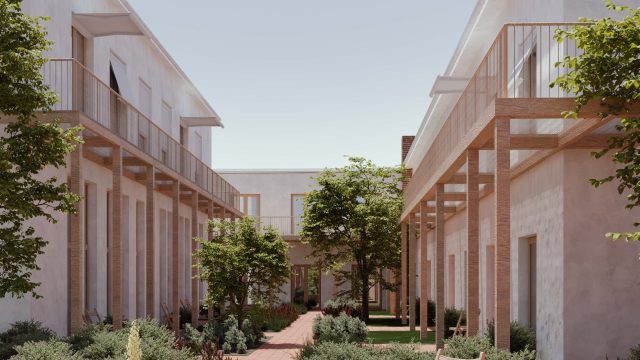REIMARKT was launched seven years ago in the Netherlands as the first one-stop-shop in Europe, specifically designed to increase the number of energy-efficient renovations in residential buildings. Reimar von Meding spoke about the experience of the model in operation and its messages for the RenoHUb project, a similar initiative being launched in Hungary, at the MEHI conference on 7 October.
Reimar von Meding, the founder of REIMARKT and CEO of KAW Architecten, started his presentation with an important piece of information: 1,000 residential buildings per day in the Netherlands and 500 per day in Hungary would need to be renovated to achieve climate neutrality by 2050. In contrast, in both countries, only a few buildings are upgraded every day. The one-stop-shop concept of renovation consultancy offices, through which REIMARKT has already retrofitted 4,000 houses, is a solution to speed up this process.
The maze of renovation
For us, as tenants, renovating our buildings is like entering a labyrinth, says the founder of REIMARKT. We don’t know how and when we will get out of it, and we may be in for a number of surprises: we may not get exactly what we wanted, and costs are constantly moving (mostly rising). So don’t be surprised if homeowners are reluctant to embark on such an “adventure”.
Moreover, it is not easy for those who want to help with these renovations. The consultant and/or contractor who assesses the building, the needs, puts together a renovation plan and prepares a corresponding quotation, spends half his time not on the actual implementation but on consultations and process management. The greatest experience and achievement of REIMARKT’s operation is that it has been able to shorten and make efficient the client relationship and the whole renovation process from consultation to implementation.
Key: developing the right product
One of Reimar von Meding’s key messages was the need to find the drivers and intervention points that motivate people to engage in renovation. And as much as we would like to, unfortunately it is not sustainability. Energy efficiency as an end in itself is not attractive; homeowners most often make renovation decisions on emotional grounds. It requires realising when they are at a point where they want to change their living conditions, whether it is because they are expanding their family, want to improve their comfort or need maintenance. In these situations, you need to be able to offer a product that both meets customer needs and has an energy efficiency improvement effect. Therefore, the one-stop-shop should strive to offer “ready-made renovation products” that can be a solution to the above.
It is important to develop products on several levels: renovators often prefer to start with a small project that is simple and relatively quick, such as a window replacement. Once they are satisfied with the renovation – not just the result, but the process – many typically return and are more willing to embark on a larger investment, and even recommend it to their friends. If the one-stop-shop initiative can be backed up by activators, the success can be even greater. Activators – whether they are local authorities, service providers or NGOs – help to reach as many users as possible, which can significantly increase the number of energy upgrades.
For even more exciting details on REIMARKT’s operations and experiences, watch the full presentation here.



